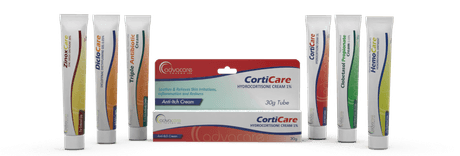What is the meaning of Topicals?
Topicals refer to a category of medications or substances that are applied directly to the skin's surface. They come in various forms such as creams, gels, and ointments. Topicals are commonly used to treat skin conditions, provide localized pain relief, or deliver specific active ingredients for therapeutic purposes.
Creams, gels, and ointments are the most commonly used forms of topicals. Creams are typically a combination of water and oil, providing a lightweight and easily spreadable texture. Gels have a jelly-like consistency and are often transparent, allowing for better absorption of the active ingredients. Ointments, on the other hand, have a greasy texture due to their high oil content, providing a protective barrier on the skin.
Topicals can address a wide range of conditions, including dermatological disorders such as eczema, psoriasis, and acne. They can also be used to manage pain caused by muscle strains, joint inflammation, or arthritis. Additionally, topicals are utilized for cosmetic purposes, such as moisturizing the skin, reducing the appearance of wrinkles, or lightening hyperpigmentation.


